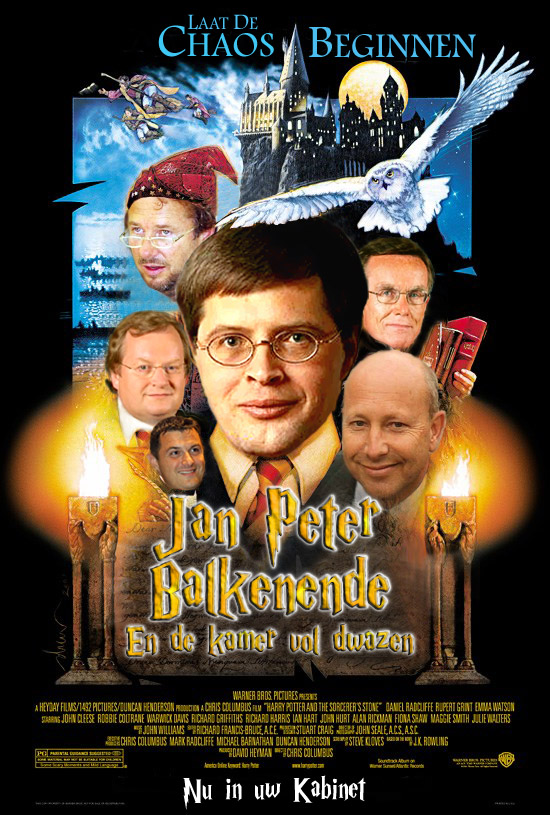
Finally Jan Peter Balkenende does the right thing and resigns, as the exit polls show his party, the Christian Democrats, have lost the elections. This after eight years of one doomed, short lived government after another, years in which the country only got worse. But now that he has lost he’s taking his toys and gone home. He won’t be the next prime minister so he won’t be party leader or even member of parliament either.
The funny thing is, he’s resigning just because the exit polls are bad — few real counts have been returned yet. But as it looks now his party will only have 21 seats, down from 41. Meanwhile the competition has done much better: the social democratic PvdA (partner with the CDA in the last government) has lost slightly, down two seats from 33 to 31 and the liberal VVD winning big from 22 to 31. Also doing well, sadly, is Geert Wilders, who goes from nine to 22 seats. The third coalition partner in the previous government on the other hand, the even more Christian democratic CU has lost one seat, from six to five.
More upsetting but not unexpected was the lost of the Socialist Party, going down from an all-time height of 25 seats to 16, which is in fact much better than they were expected to do at the start of the campaign. On the left this loss was made up for in part by the GreenLeft party winning four extra seats, from seven to eleven. Also winning was the left-liberal D66, from three to ten seats, largely due to the consistent opposition this party fought against Wilders.
If the exit polls are right, this means there is no clear left or rightwing coalition possible that can count on a majority in parliament. The unwritten rules say it’s the winners, PVV and VVD, that should take the lead in forming a new government. They might want to work together but will need two more parties at least, perhaps CDA and CU, but it will be difficult to not just form a government this way, but keep it together.
On the left the possiibilities are even worse. It’s just not possible to form a properly leftwing coalition, even if it included all left of centre parties together.
Which leaves a new socalled purple coalition as a possibility. Back in the nineties a coalition of the (red) PvdA, (yellow) VVD and (green) D66 created the first postwar government without the christian democrats. This same coalition wouldn’t reach a majority right now, but it would be possible by swapping the D66 for the PVV — if not for the fact that PvdA isn’t keen to work with them and vice versa.
In other words: it’s going to be difficult to get a new government — which may not be so bad, considering all parties want to implement drastic cuts.